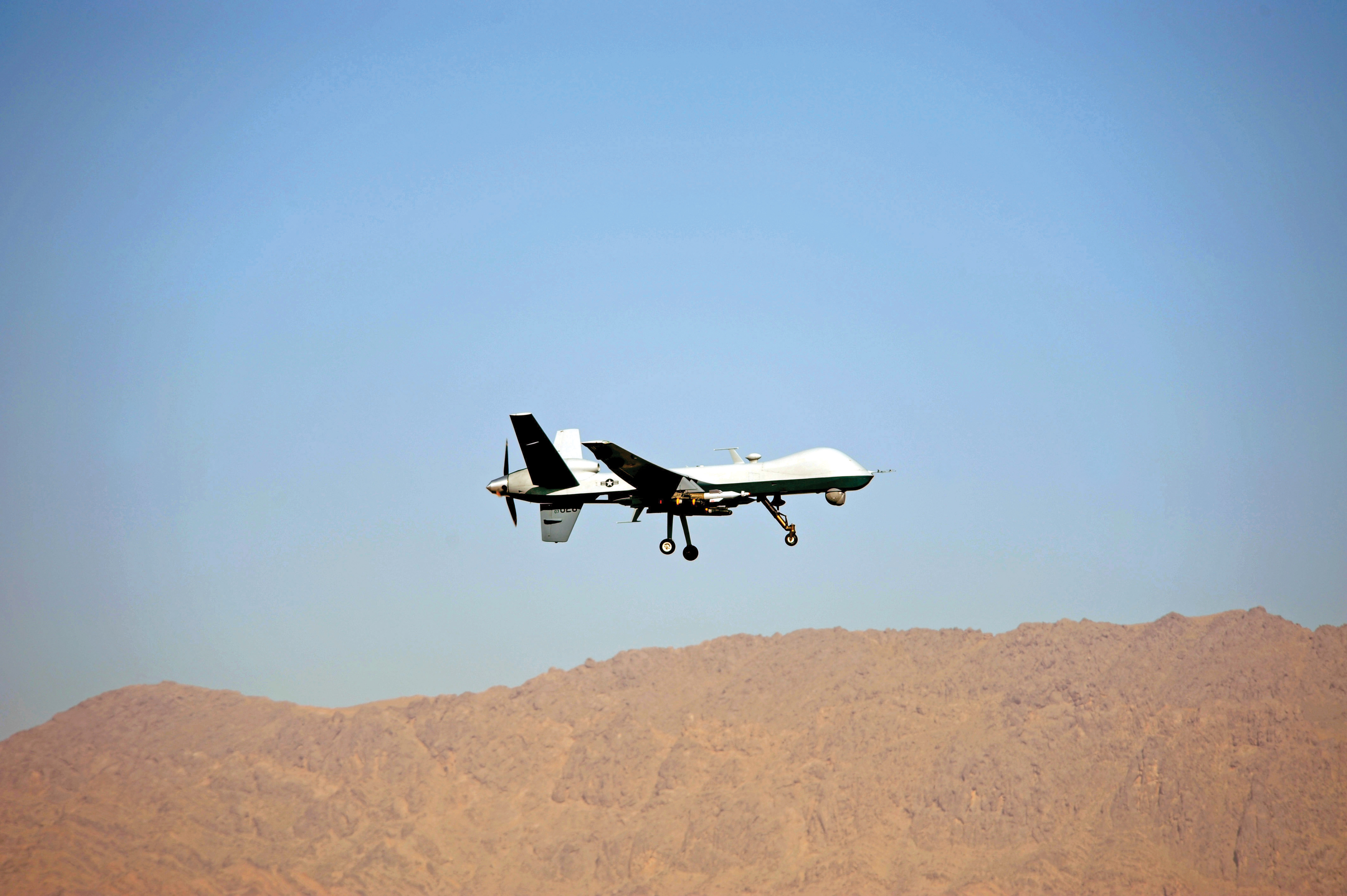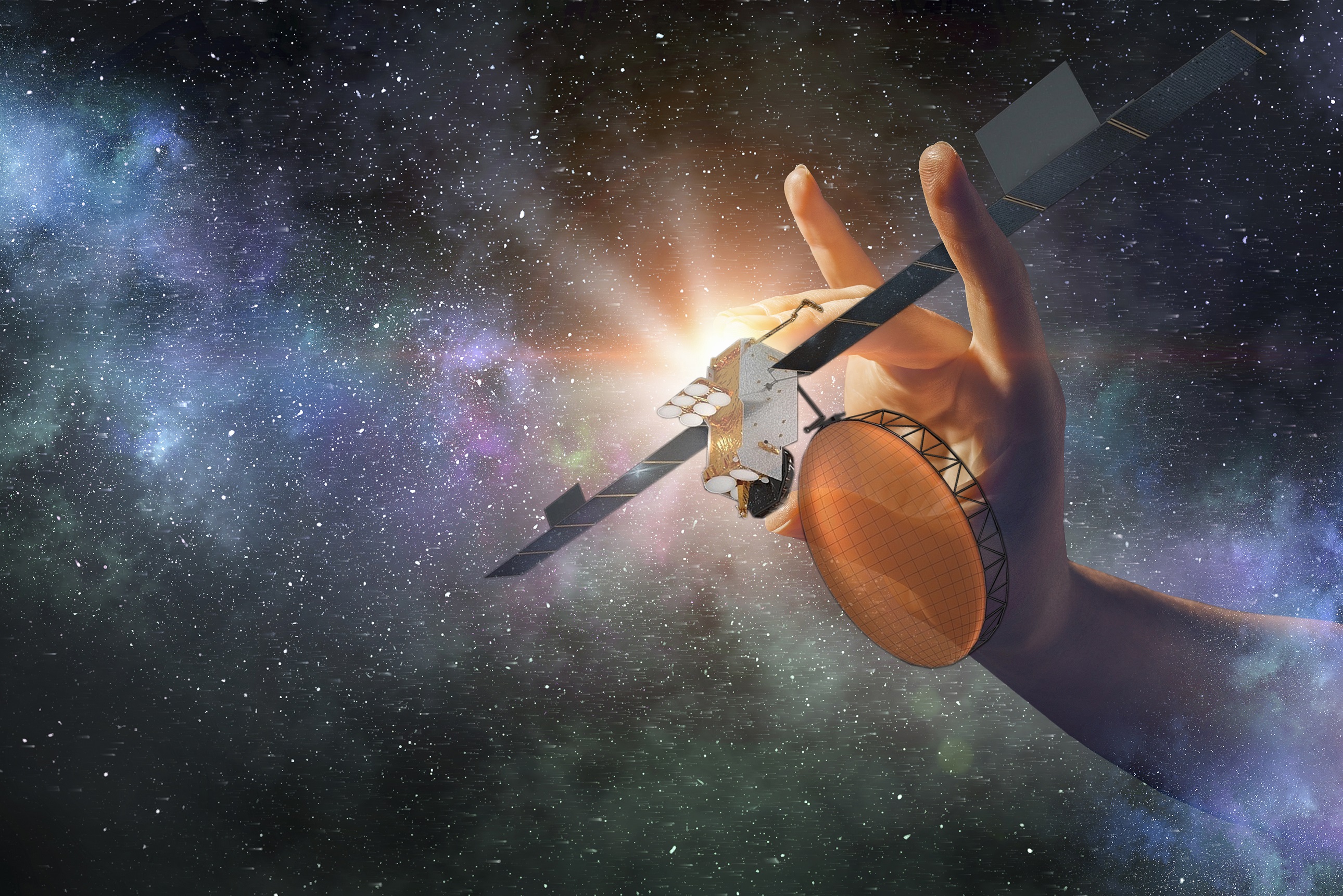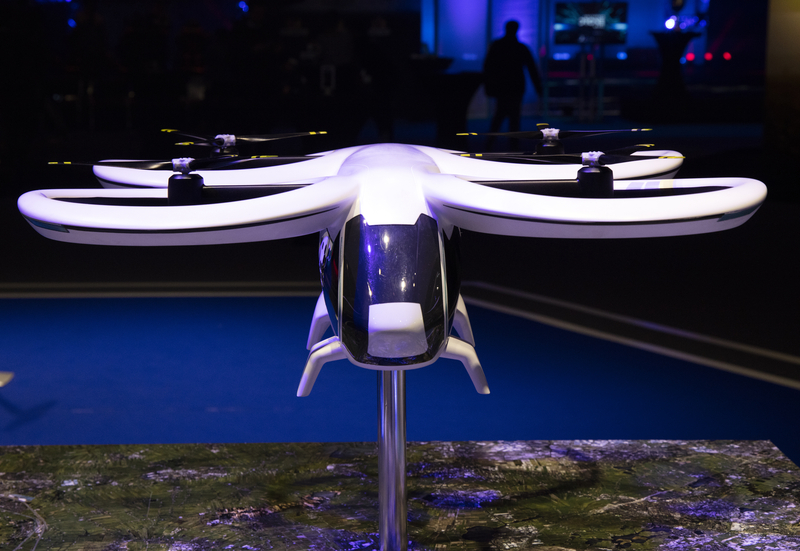Nokia will design and deliver the infrastructure to test and develop the Nokia UTM system at Twente Airport using real-life simulations and commercial demonstrations.
The Nokia UTM solution will provide the flight automation, no-fly zone control and beyond-visual-line-of-sight (BVLOS) capability that will be vital for the safe operation of UAVs in densely populated cities and remote rural areas. UAVs must be able to operate without endangering manned aircraft operations, requiring the development of highly dynamic no-fly zones together with enforcement of civil aviation regulations.
The Nokia technology uses LTE and 5G, as well as Mobile Edge Computing, to ensure the extreme low-latency and ultra reliability required for UAV traffic management. Drones equipped with Nokia's UTM modem (comprising an LTE modem, GPS transceiver and other telemetry modules), combined with the computing and processing power of the Nokia AirFrame platform, monitor airspace and flight paths. They can also handle the exchange of telemetry data as well as establishing dynamic no-flight zones, ensuring safe operation around other civil airspace users.
A Nokia UTM smartphone app, working with the UAV Traffic Management interface, provides drone operators with real-time flight permissions, real-time no-fly zone information as well as information about local regulatory rules, giving an extra degree flexibility and awareness.
According to Nokia, the UTM platform can also be adapted to the individual regulatory requirements of different countries, potentially providing the basis for global standardisation of such systems.
Nokia to trial drone-based traffic management
Nokia is to use Space 53, Europe's first dedicated testing facility for unmanned aerial vehicles (UAV) at Twente Airport, near Enschede in the Netherlands to develop and trial its UAV Traffic Management (UTM) system using drones in proximity to urban areas, people, manned aircraft, other drones and other objects.









